

Sinus Lift at Medixir Clinic
A Sinus Lift is a specialized bone augmentation procedure that makes it possible to place dental implants in the upper jaw when natural bone height is insufficient. At Medixir Clinic, our skilled oral surgeons perform sinus lifts with advanced techniques to gently elevate the sinus membrane and create space for new bone growth.
This treatment is especially beneficial for patients who have experienced bone loss due to missing teeth, periodontal disease, or natural anatomical structure. Using high-resolution 3D imaging and guided surgery, we ensure precise and safe access to the sinus cavity, minimizing discomfort and maximizing the success of future implants.
Depending on your needs, we may use synthetic materials or your own bone to rebuild the area beneath the sinus floor. The result is a solid foundation that allows for secure and long-lasting dental implants in areas previously considered too weak or thin for support.
Trust Medixir Clinic for expert sinus lift procedures that open the door to confident, complete smile restorations. We guide you every step of the way—with comfort, safety, and lasting outcomes in mind.
Frequently Asked Questions
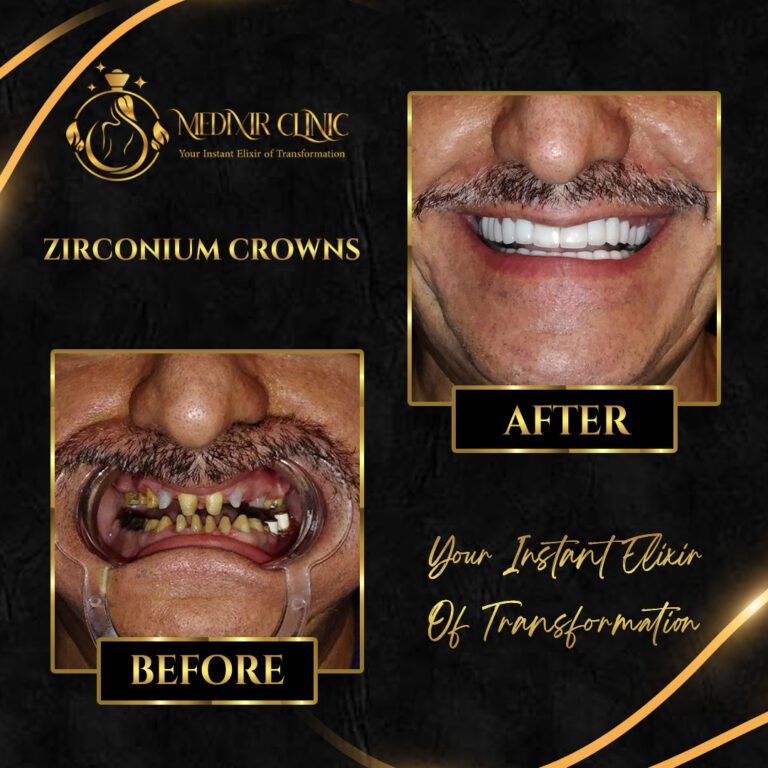
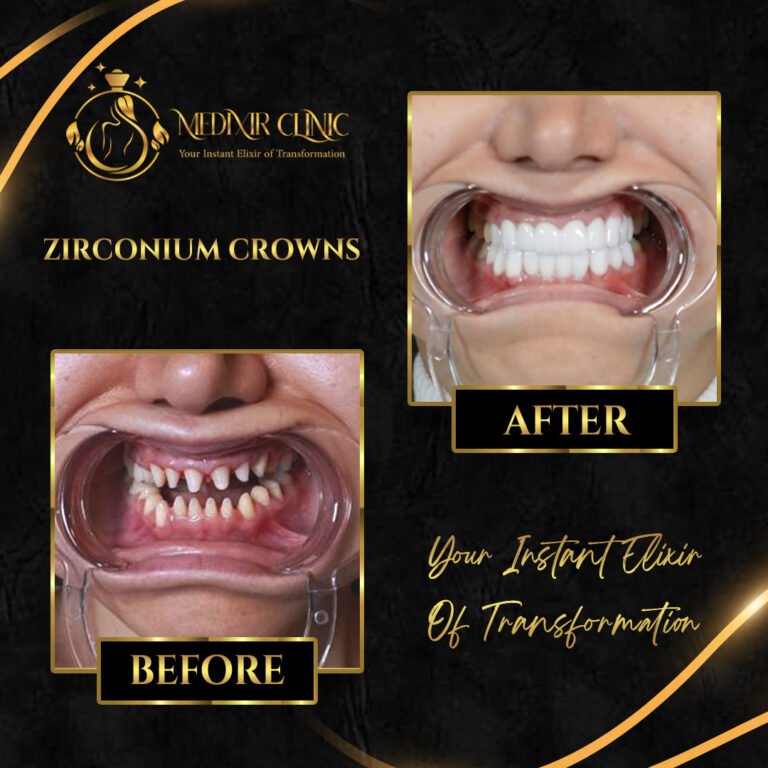
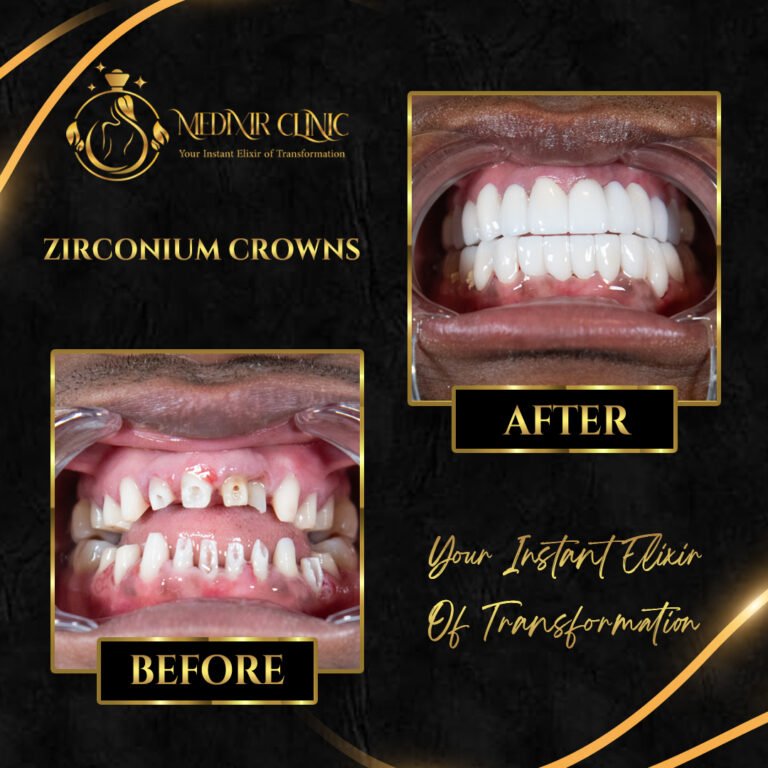
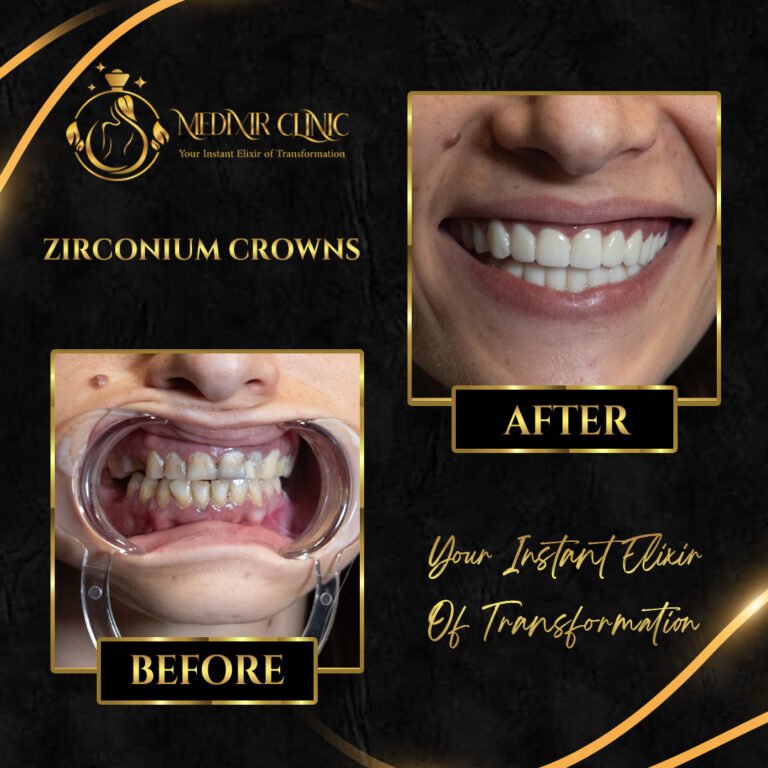
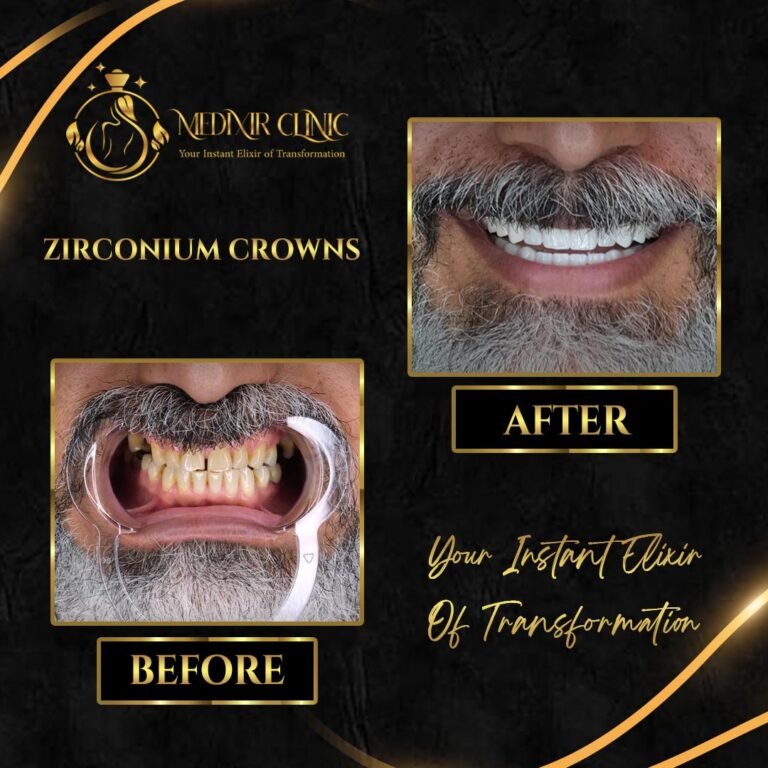
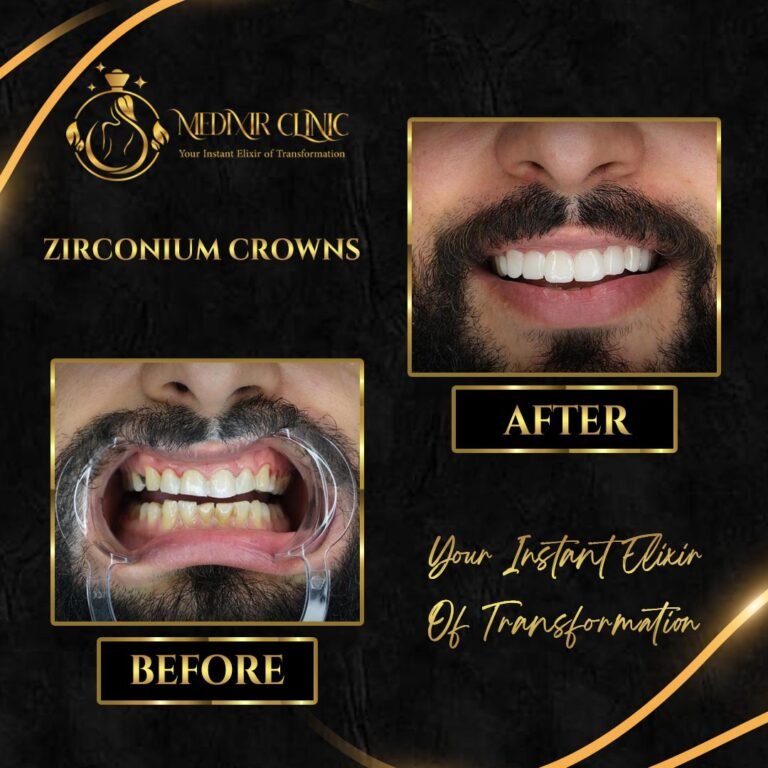

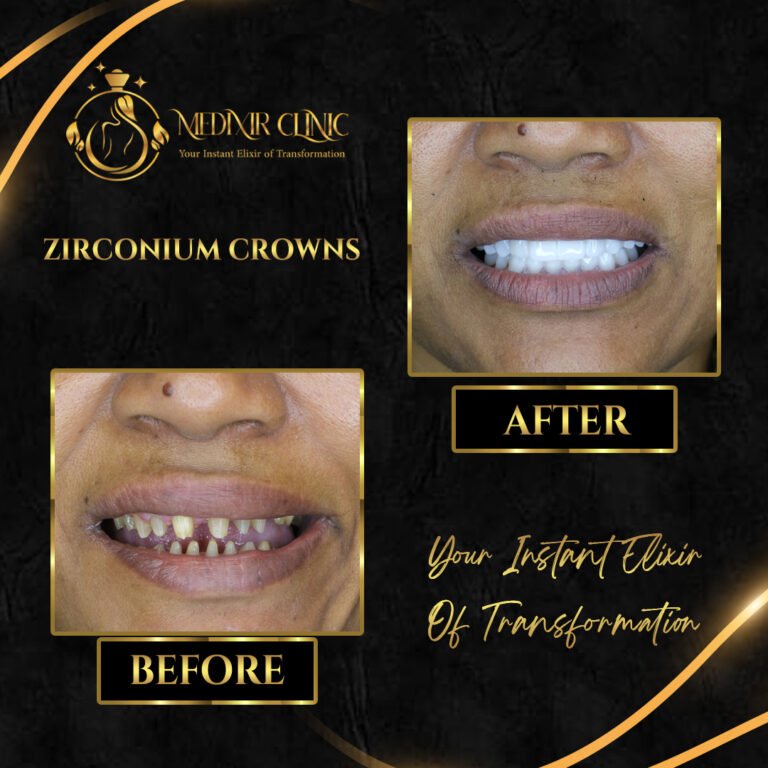
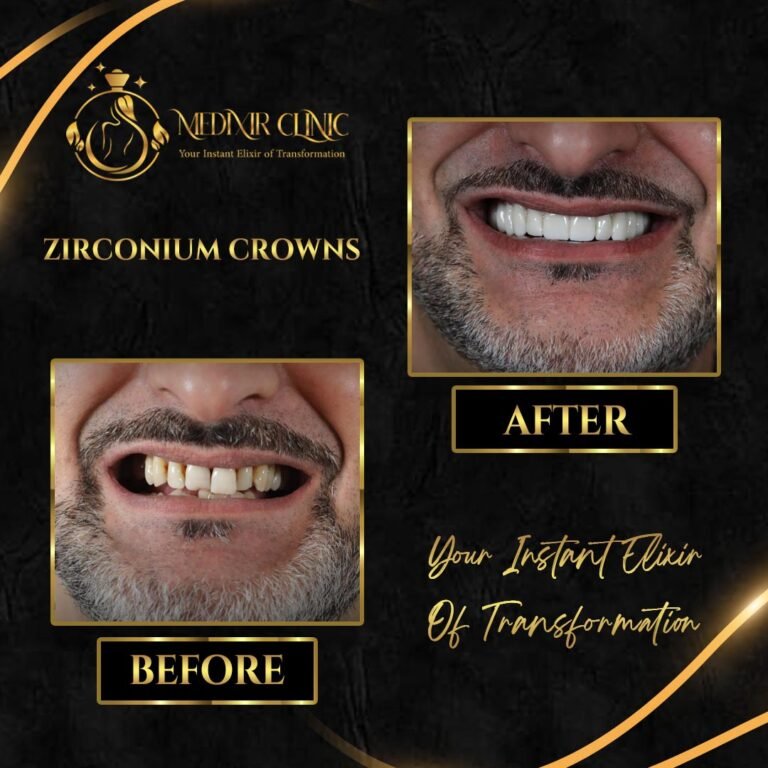

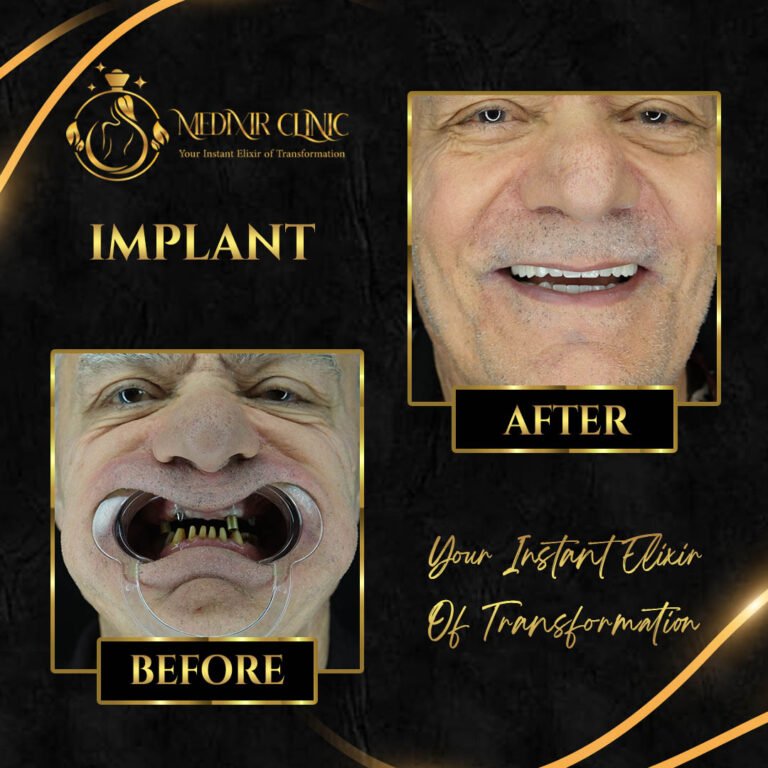
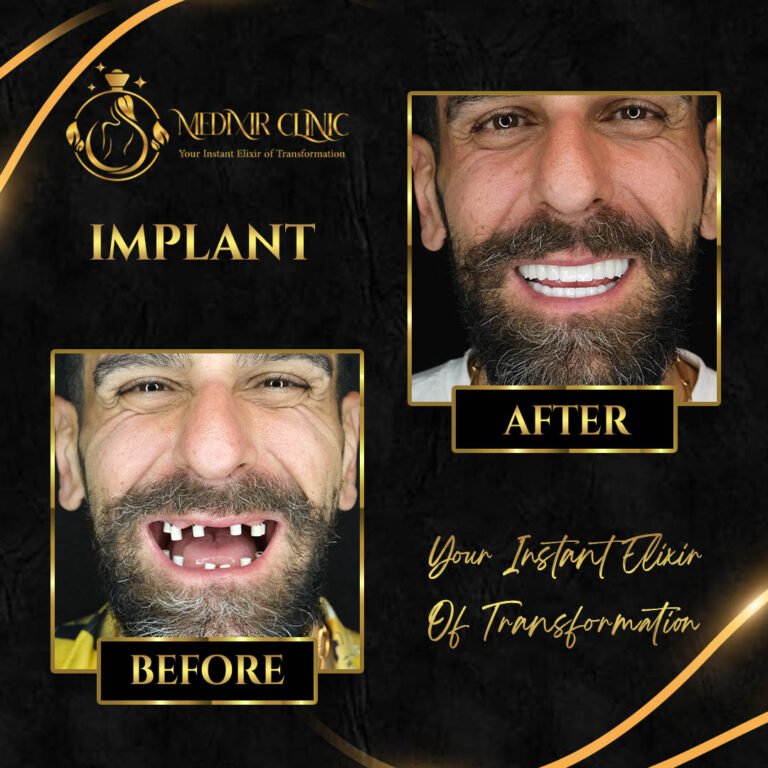
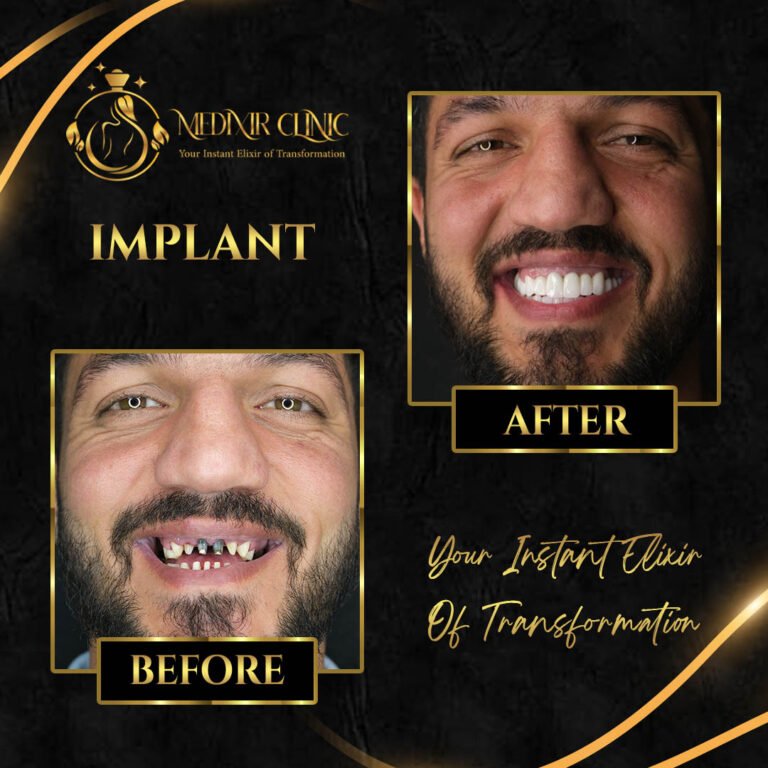
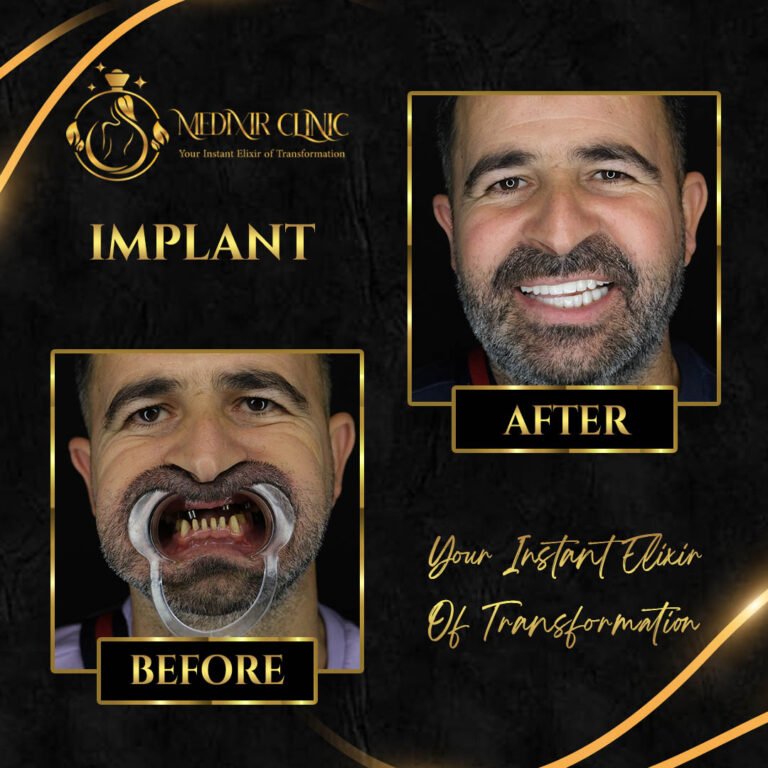
Sinus Lift
A sinus lift, also known as sinus augmentation, is a specialized oral surgery procedure designed to increase the amount of bone in the upper jaw to support dental implants. It is commonly performed when the natural bone in the posterior maxilla (upper back jaw) is too shallow due to bone loss or the proximity of the sinus cavity.
At Medixir Clinic, our experienced oral surgeons use advanced imaging and guided techniques to perform sinus lift procedures with precision and safety. This treatment is essential for patients who are missing upper molars or premolars and want dental implants but lack sufficient bone height in the area.
The procedure involves carefully lifting the Schneiderian membrane that lines the sinus cavity and inserting bone graft material underneath. Over time, the grafted area heals and develops new bone, creating a stable foundation for implants. Depending on the individual case, implants may be placed at the same time or in a separate procedure after healing.
We use biocompatible graft materials, including synthetic bone or a patient’s own bone, to ensure optimal integration and regeneration. Our surgeons perform both lateral window and transcrestal (vertical) sinus lifts, depending on the amount of bone available and the extent of augmentation required.
Patients typically undergo CBCT scanning and digital treatment planning to evaluate sinus anatomy and determine the most appropriate surgical approach. The procedure is performed under local anesthesia or sedation for maximum comfort.
Recovery from a sinus lift is usually straightforward. Mild swelling or nasal congestion may occur, but most patients return to normal activities within a few days. Antibiotics, decongestants, and specific post-op care instructions are provided to minimize complications and support healing.
A successful sinus lift increases the vertical bone height by several millimeters, making it possible to place stable and long-lasting dental implants. The new bone integrates with the existing jawbone over a period of 4 to 9 months, after which implants can be placed if they were not already.
This procedure is crucial for patients with severe bone loss caused by tooth extraction, periodontal disease, trauma, or long-term denture use. Without adequate bone, implants cannot be securely placed, making sinus lift a necessary preparatory step.
At Medixir Clinic, we are committed to delivering safe, predictable, and minimally invasive sinus lift surgeries. We tailor each treatment plan to the patient’s anatomy and implant goals, ensuring both functional and aesthetic success.
We also serve international patients through our dental tourism program, providing full support from initial consultation to aftercare. Our world-class team, modern facilities, and Istanbul location make Medixir Clinic a preferred choice for sinus lift and implant treatments.
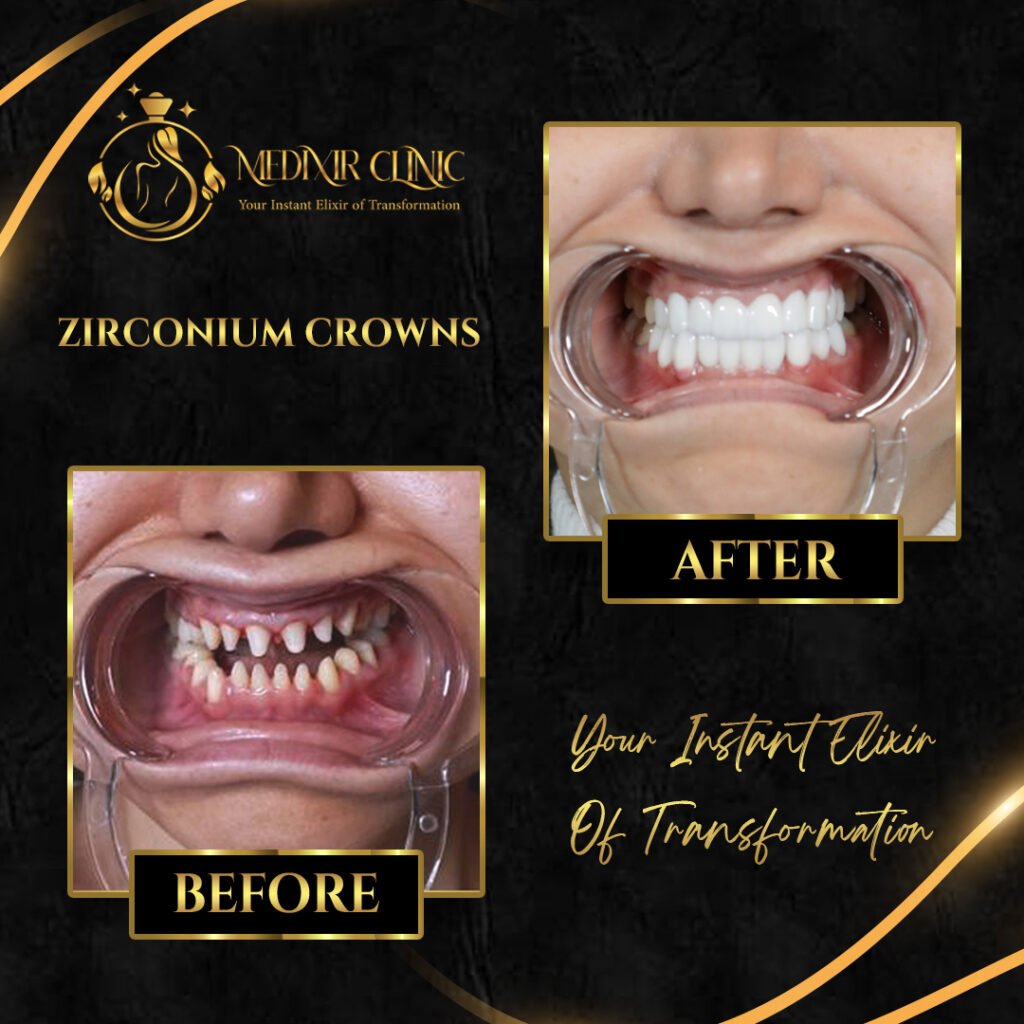

What is a Sinus Lift?
A sinus lift is a surgical procedure that adds bone to the upper jaw in the area of the molars and premolars, creating the necessary foundation for successful dental implant placement.
